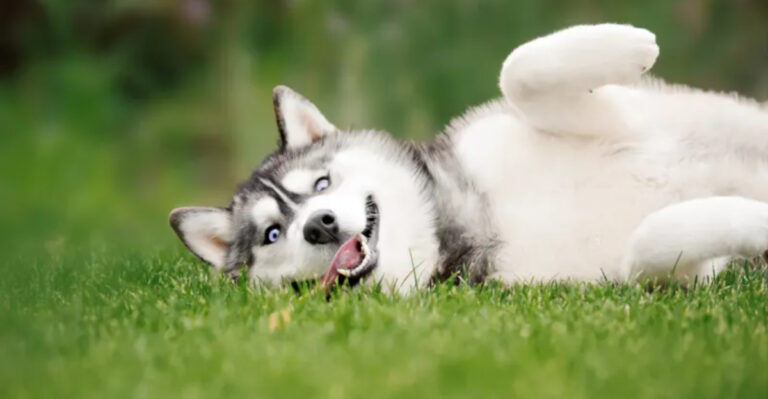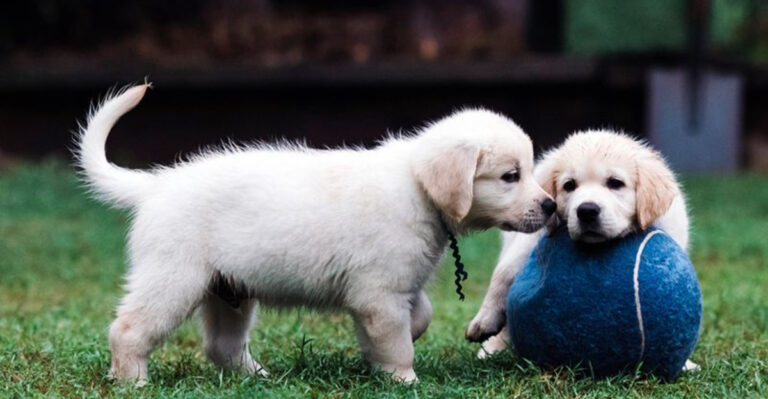16 Dog Breeds That Are Hardest To Crate Train
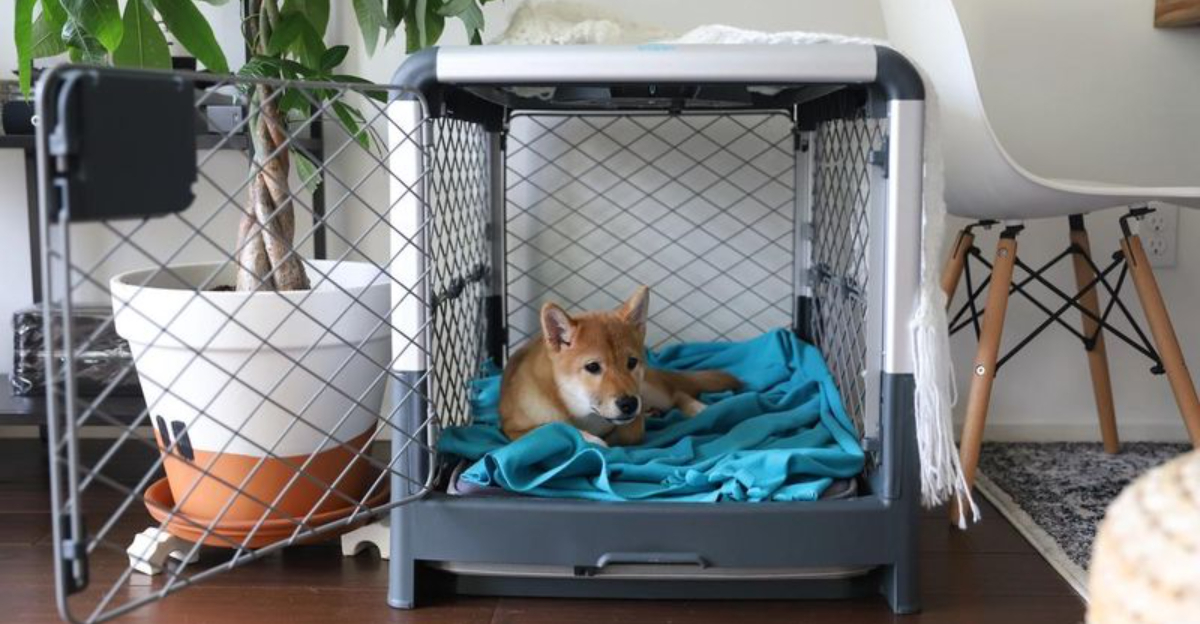
Crate training can be a breeze for some dogs, but for others, it’s like asking them to solve a Rubik’s Cube blindfolded.
Each breed has its own quirks and unique personalities that make them delightful companions yet occasionally challenging to crate train. Some just don’t see the appeal of a cozy crate. Here are 16 breeds that might make you work a bit harder but are certainly worth the effort.
1. Afghan Hound
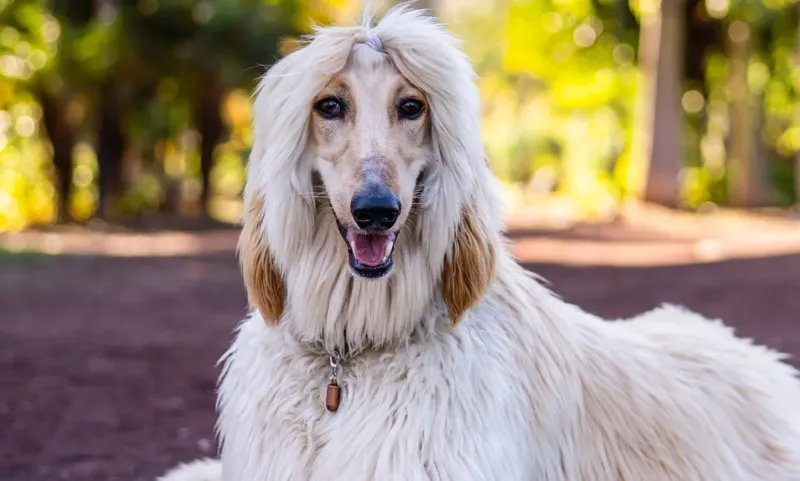
Imagine trying to convince a supermodel to sit quietly in a cube. Afghan Hounds are known for their independent nature, acting more like cats than dogs. Their aloofness can make crate training challenging, as they prefer lounging freely. Patience and lots of encouragement are key.
2. Basenji
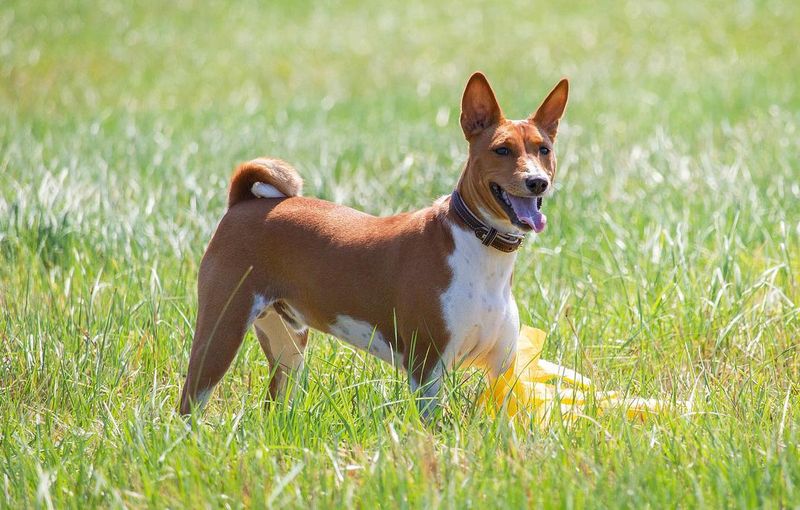
These clever escape artists are the Houdinis of the dog world! Basenjis are high-energy dogs with a strong desire for exploration. They’re not big fans of confinement, and crate training requires creativity. Turn the crate into a treasure chest of toys and treats to pique their interest.
3. Bulldog

Picture a couch potato who doesn’t want to leave their spot. Bulldogs, with their easygoing temperament, might resist crate training simply due to laziness. Their stubborn streak can add to the challenge, but a comfy crate might just become their favorite lounging spot with the right motivation.
4. Chow Chow
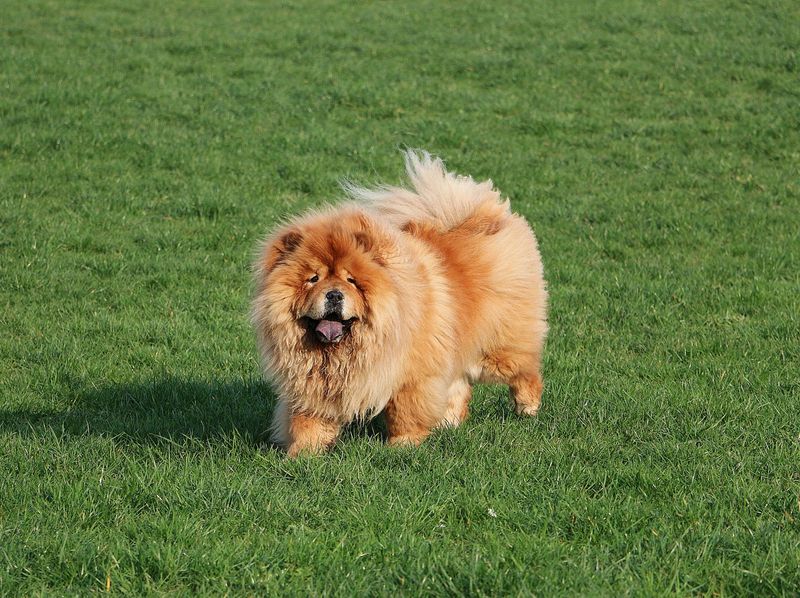
Fluffy and dignified, Chow Chows behave like royalty. Their independent spirit often clashes with crate training. Convincing a Chow that a crate is a personal palace takes persistence and treats. Establishing trust and turning the crate into a cozy corner can work wonders.
5. Shiba Inu
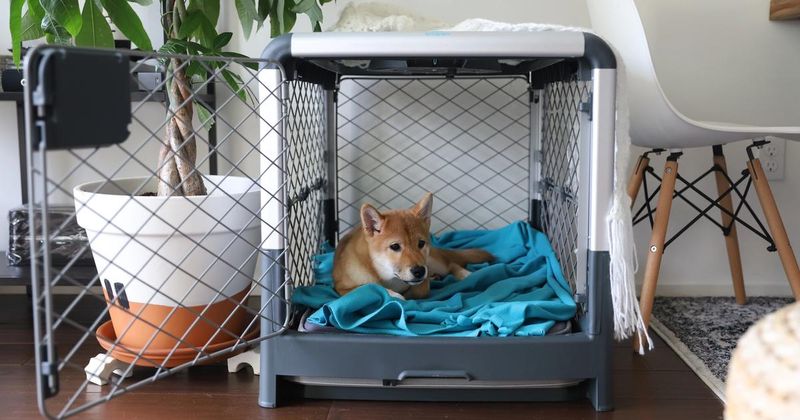
With a cheeky grin and a mind of their own, Shiba Inus are known for their wilful personalities. They often view crates as unnecessary restrictions. Making the crate a fun, rewarding place with interactive toys can help shape their perception positively.
6. Beagle

These curious scent hounds have a nose for everything, except staying still. Beagles are easily distracted by interesting smells and sounds, making crate training a test of patience. Using scent-based toys or treats can be a great motivator to keep them calm in a crate.
7. Dachshund
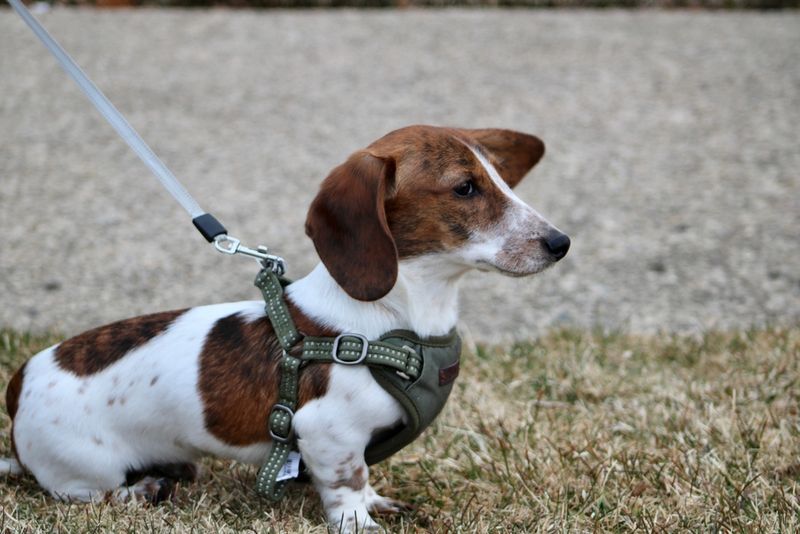
Small and mighty, Dachshunds have a habit of burrowing into blankets instead of crates. Their stubborn nature and love for comfort can make crate training a challenge. Patience and making the crate feel like a snug den can help them adjust.
8. Dalmatian
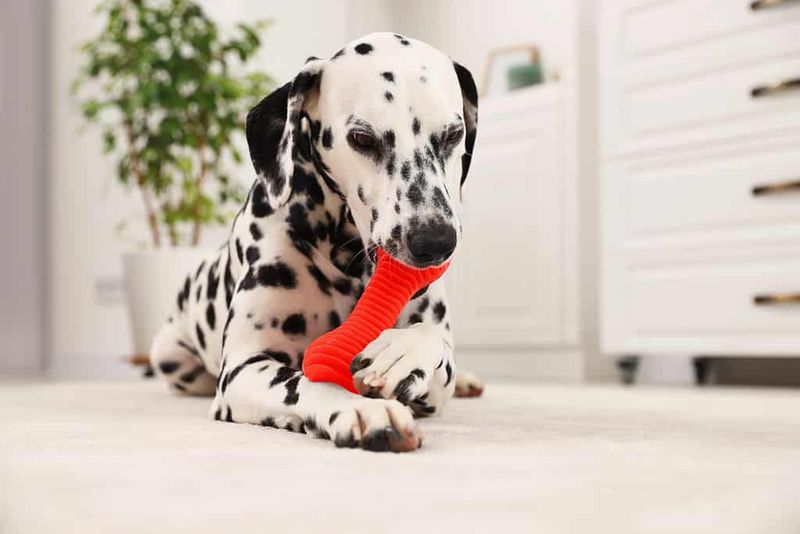
Full of spots and energy, Dalmatians are active dogs that may find crates confining. Their playful spirit can lead to restlessness in a crate. Introducing short crate sessions with plenty of playtime afterward can balance their need for activity and training.
9. Jack Russell Terrier
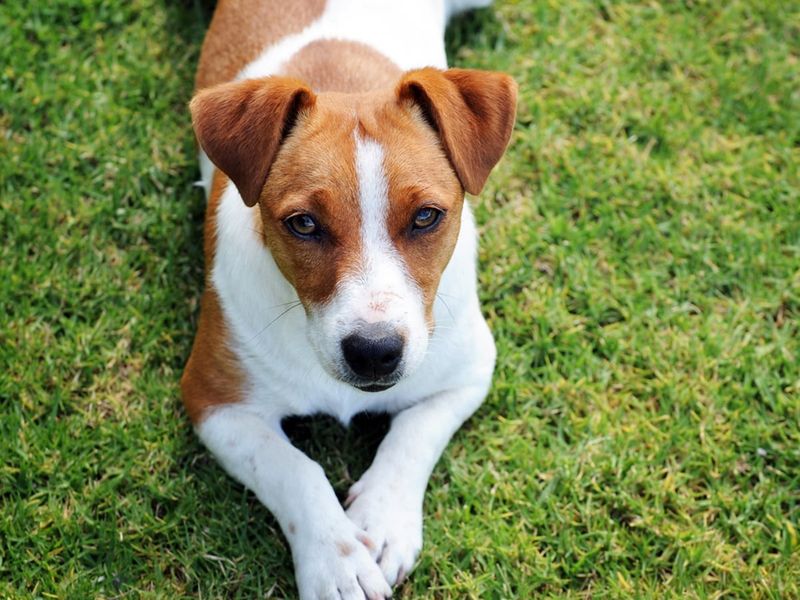
Bounding with energy and curiosity, Jack Russells are like busy little bees. Their intelligence and zest for life can make crates feel like a cage. Keeping their mind occupied with puzzle toys helps manage their energy during crate training.
10. Lhasa Apso
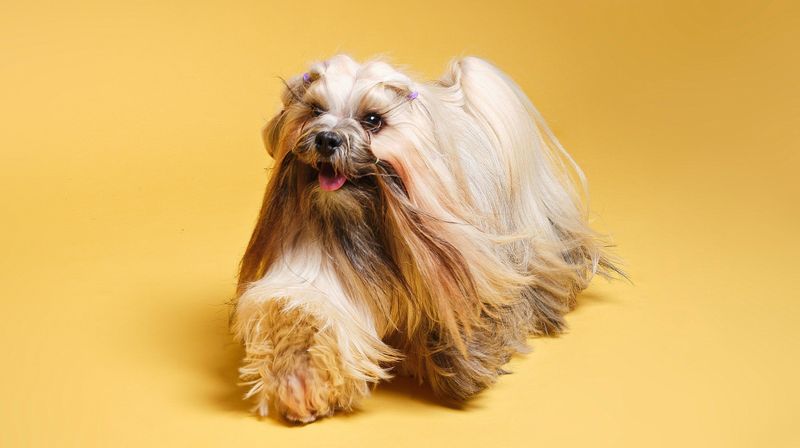
With a regal appearance and a mind of their own, Lhasa Apsos can be quite headstrong. Their independent nature often makes them wary of crates. Ensuring the crate is a luxurious and comfortable space can slowly win their approval.
11. Mastiff

These gentle giants need space and comfort. Mastiffs can feel cramped in standard crates due to their size. Providing a roomy, comfortable crate with soft bedding encourages a positive association, helping them see it as a haven rather than a constraint.
12. Manchester Terrier

Sleek and smart, Manchester Terriers have an alert and curious nature. They prefer being part of the action, making crate training a bit tricky. Transforming the crate into a fun, engaging environment with toys and treats can keep them entertained.
13. Pekingese
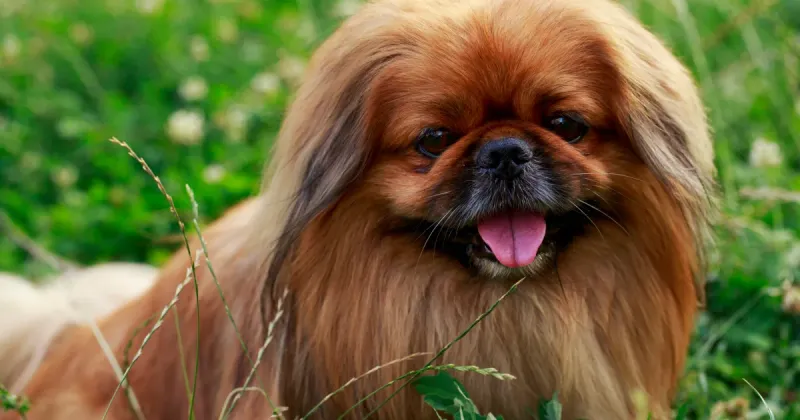
These fluffy, regal companions have a strong sense of dignity. Pekingese may view crates as beneath them. Patience and turning the crate into a plush retreat with soft cushions can appeal to their sense of royalty.
14. Siberian Husky
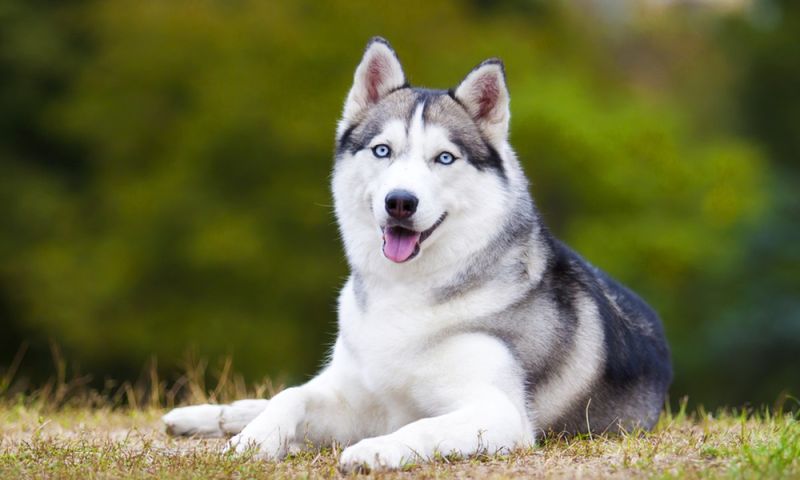
Known for their striking eyes and boundless energy, Huskies love freedom. Crates might seem like cages to them. Providing plenty of exercise and using the crate as a cozy resting spot after play can make them more receptive.
15. Yorkshire Terrier
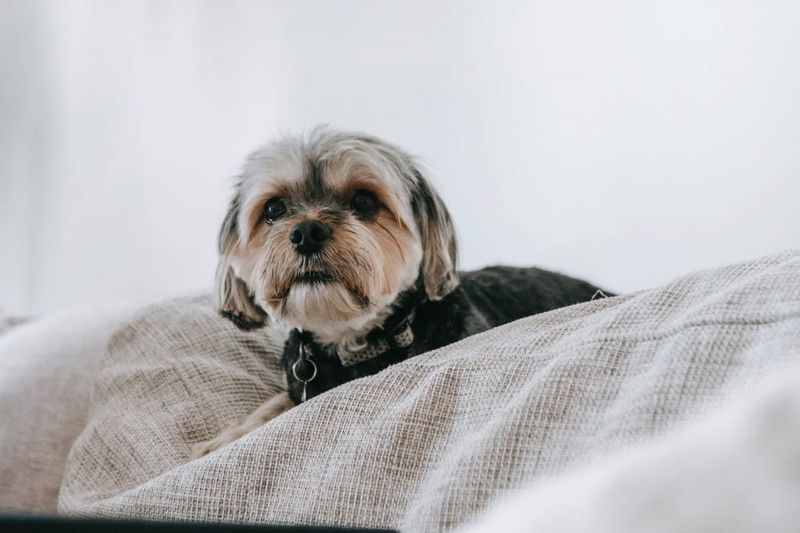
Tiny but full of personality, Yorkshire Terriers often prefer laps to crates. Their spirited nature can make them resist confinement, but transforming the crate into a plush and secure space can entice them to settle in.



